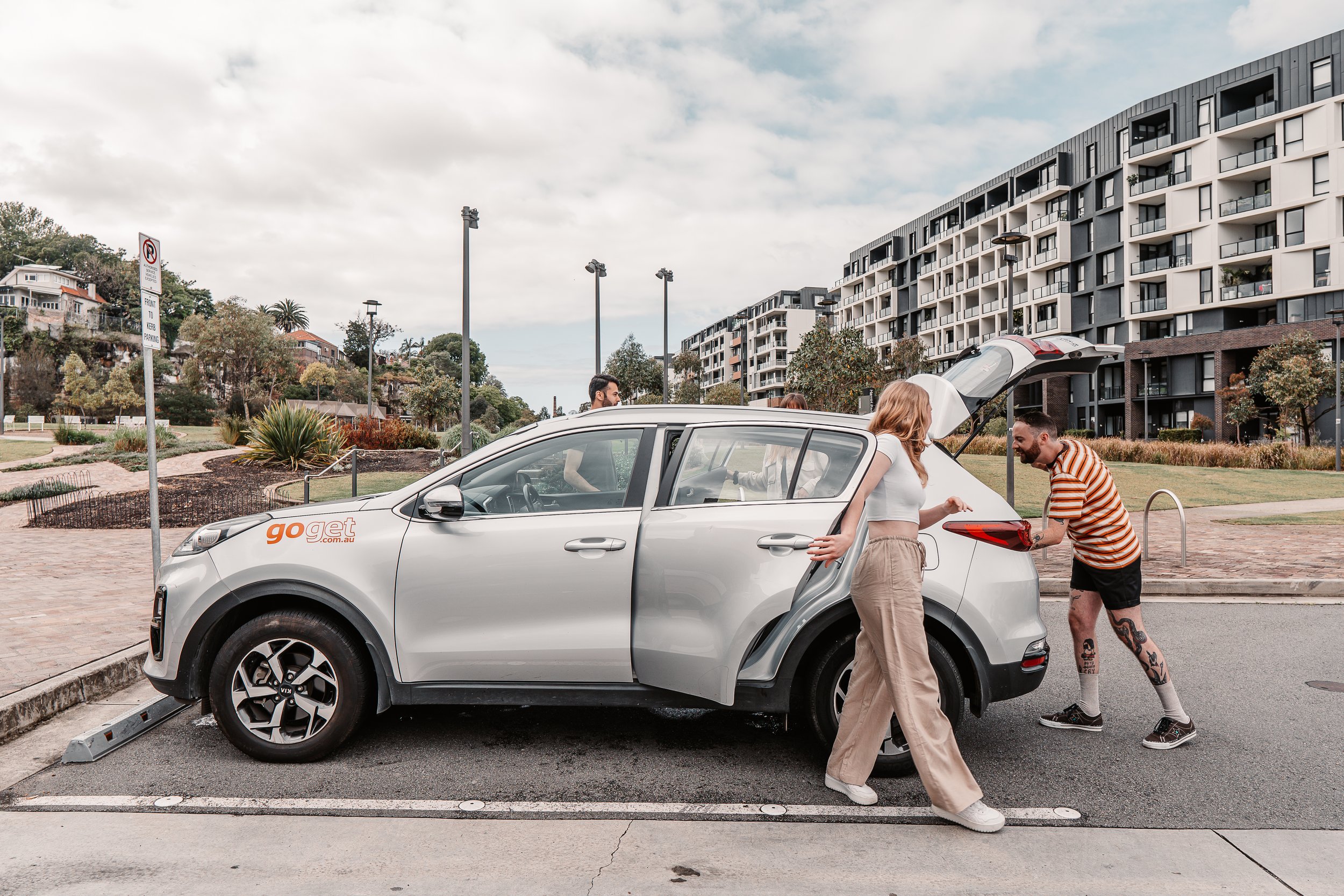SUV Safety | The Australian Love Affair With The SUV
Once upon a time you couldn’t get any cooler than owning a small and sleek sports car, but trends have changed in Australian and now the must-have car is the SUV. Let's dive into the factors behind this trend, the safety aspects, and the environmental implications of this SUV takeover.
Why Australians Are Choosing SUVs
Data in 2019 from Roy Morgan revealed that 825,000 Aussies aged 14+ who intend to purchase a car in the next four years plan to buy an SUV. That figure represents 40% of the market of people on the hunt for a new set of wheels, meaning that SUVs have taken over from passenger vehicles as the most popular cars in Australia. The popularity of the vehicle is further cemented in numbers when you look at the fact that new car sales are down by 5.5% from September 2017 but SUV sales are up 6.5%.
For the unfamiliar, let’s get to know what an SUV actually is. The term SUV is an abbreviation for sports utility vehicle. It’s a breed of car that sits somewhere between an off-roading vehicle and jumbo-sized passenger vehicle. While they were traditionally designed for driving on more treacherous terrain such as riverbeds and dirt roads in mountainous areas, modern day interpretations are heavier on the sport-look and less so on the utility part of the name. Many, in fact, are not really suitable for off-road driving.
Some of the most common of SUVs seen in Australia include the Toyota Landcruiser, Nissan Pathfinder, Holden Trailblazer and Range Rovers. However, makes such as Jeeps and Mercedes G-Wagons are becoming more and more popular.
It’s hard to put a finger on exactly why it is Australian’s love the SUV so much. Perhaps it’s the higher driving position they offer when on the roads and therefore the greater visibility. It might even be the ability to seat up to eight passengers, a necessity for growing Australian families. Of course, there’s also the added boot space, perfect for adventurers who like to hit the open road and need plenty of storage space for their gear, and the ability to tow trailers, caravans and camper-homes.
The SUV's Impact on Safety and the Environment
However, for every advantage to owning an SUV, there’s a downside. SUVs are typically more expensive (and dangerous) than your average five-seater passenger car at every turn from the initial purchase price to the ongoing expenses such as insurance and extra fuel consumption. They’re even more expensive to service and maintain due to the more advanced and technically complex engines used.
Then there’s the impracticalities of the size. In our modern cities, parking spaces are getting smaller and smaller to accommodate the growing population and increased numbers of cars on our roads. More often than not, compared to a smaller vehicle, it’s the SUV you see parked across two spots at your local Westfield carpark. The height of the vehicles can also present problems when entering undercover carparks that have height restrictions.
But most importantly is the environmental cost of the vehicles. SUVs are amongst the highest producers of CO2 emissions of any non-commercial vehicle type. The CO2 production is particularly worrying when you think about the number of SUVs being driven to transport only one person at a time.
With Australia’s carbon emission production already through the roof, adding more gas-guzzling SUVs to the road is impractical and unsustainable. Instead, we recommend choosing alternate modes of transport where possible such as ride and car sharing, public transport or active transport such as walking or riding a bike. If you can’t do without a car, consider choosing a used car that’s smaller and more fuel-efficient vehicle.
And if you do find yourself needing that larger car from time-to-time, you can always hire one from places like GoGet. Get access to SUVs, vans, hatches and people movers near you by the hour, day or longer. Easier and more flexible than your usual car rental, GoGet is your best option for convenient car hire.

